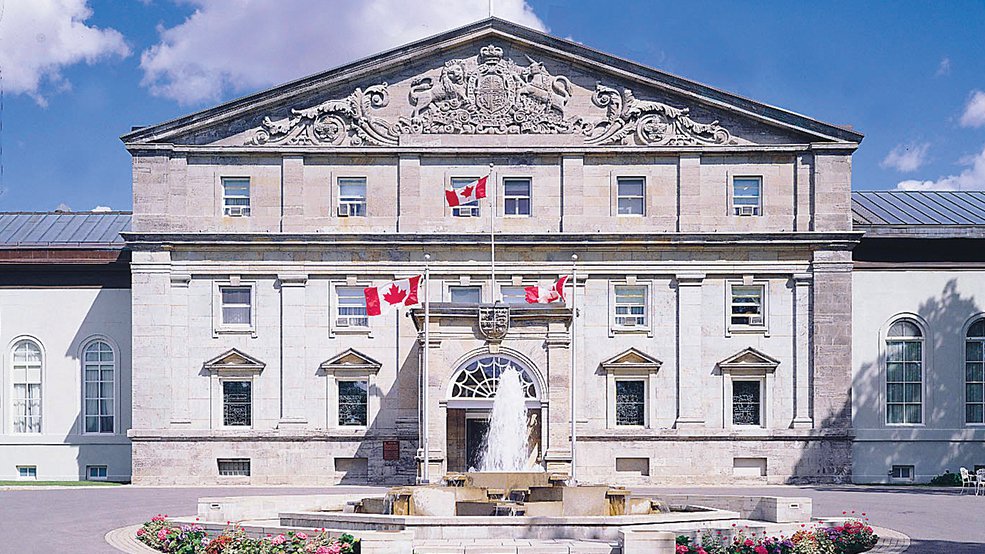Of the things that vex me about our current government, their tacit endorsement of republican sentiment in this country is high on my list. The fact that they have allowed the Conservatives to take up and politicise the monarchist space in the Canadian landscape is shameful, and the fact that they have allowed the position of Canadian Secretary to the Queen to lapse is just one more sign of this particular antipathy. For all that he professes his affection for Her Majesty, Justin Trudeau seems to have a pretty difficult time reflecting that in his government’s particular decisions, and we will pay the price for it. That the work of arranging royal tours and being the link to Buckingham Palace is being left to the bureaucrats in Canadian Heritage is not a good thing. Everything I have heard about the job they do is not only that they are plagued with incompetence when it comes to the actual work of dealing with the Canadian Monarchy, but the tacit acknowledgement of my sources that those very bureaucrats charged with the responsibility are themselves republicans is hugely problematic. That they are the ones offering advice to the government is a very big problem. And that Trudeau appears to be neglecting this very important relationship is worrying. I know that there are monarchist Liberals in the ranks, and I hope very much that they can start to raise a fuss about this, because it’s a very worrying road that we are now on, and this kind of neglect can do lasting damage to our most fundamental institution, which we should all be very concerned about.
Meanwhile, Paul Wells had an exit interview with Governor General David Johnston, and brought up the issue of debating abolishing the monarchy. Johnston, bless him, pointed out that the countries that most satisfy the needs of their people tend to be constitutional monarchies, so we’ve got that going for us.

